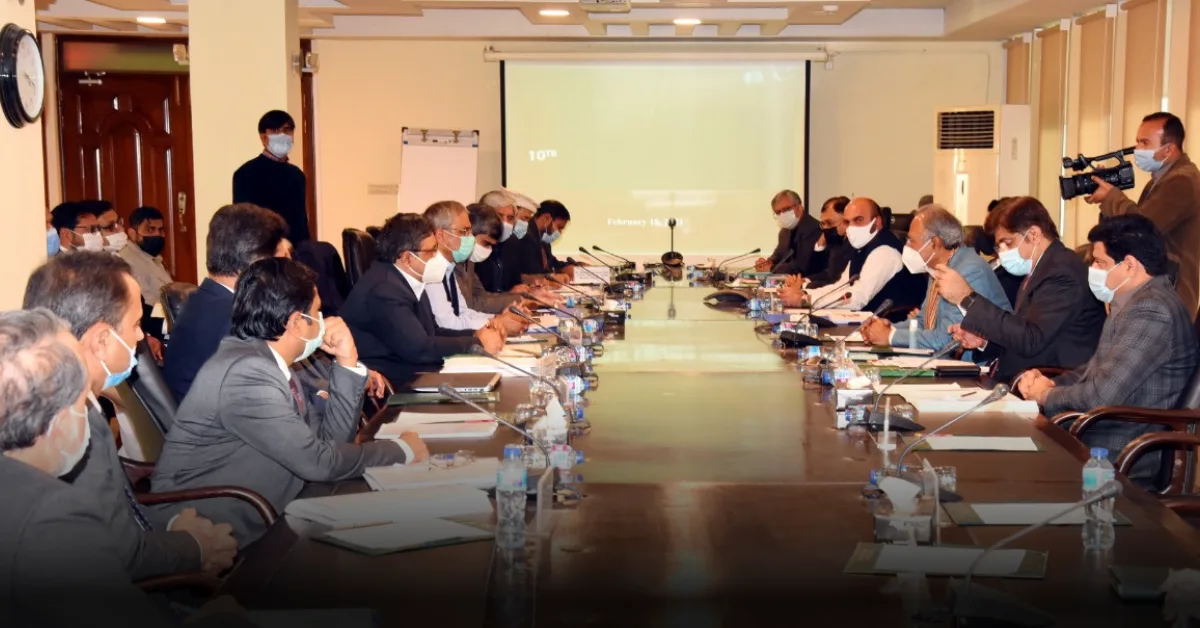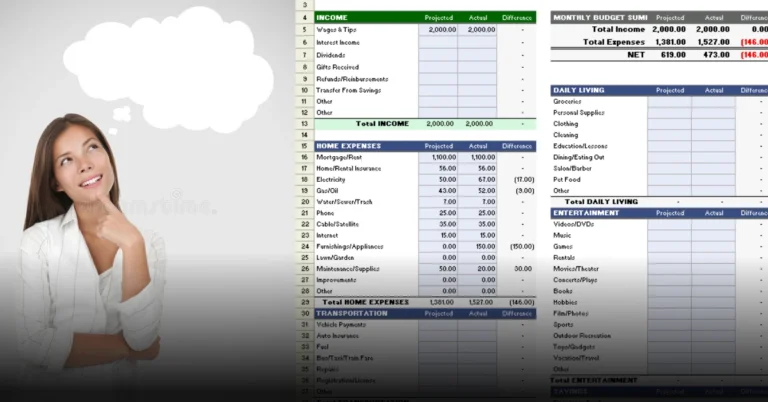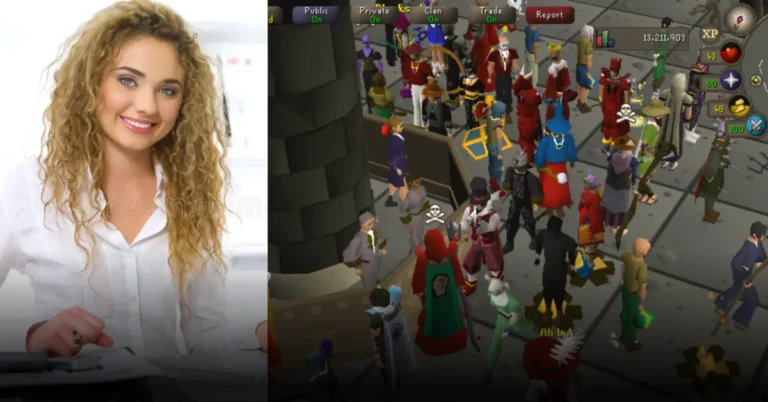What Is the National Finance Commission? Simple Guide for Beginners
Have you ever thought about what happens to the money you pay in taxes? You pay income tax, sales tax, and other taxes. The government collects a huge amount of this money. Then, it has to share it across the country. In a country with a federal system, this sharing is not random. It is the job of the National Finance Commission, or NFC. The NFC is a very important body in the constitution of countries like Pakistan and India. Many people do not know much about it. But its job is big. It makes sure that money is shared in a fair way between the central government and the provincial or state governments. Without the NFC, the system of sharing money would break. This would create big problems.
The central government might have too much money. Provinces might have too little. This is called vertical fiscal imbalance. It would also create big differences between rich and poor areas. This guide is simple. It explains what the NFC is. It tells about its main jobs. It shows the formula for the big NFC Award. And it explains why this affects the roads, schools, and hospitals in your area.
What is the National Finance Commission (NFC)?
The National Finance Commission is a body made by the constitution. Its job is to suggest rules from time to time. These rules are about how to share public money between the central government and the provincial governments.
Here is a simple table to compare Pakistan and India.
| Feature | Pakistan’s NFC (Article 160) | India’s Finance Commission (Article 280) |
|---|---|---|
| Mandate | Made by constitution. Formed every five years or sooner by the President. | Made by constitution. Formed every five years or sooner by the President. |
| Key Output | The NFC Award. It is an order from the President. It sets the formula for sharing money. | Suggestions for sharing taxes. Also gives Grants-in-Aid to states. |
| Core Goal | Fix problems between Centre and Provinces. Also fix problems between Provinces. Make sure money is stable and fair across the country. | Same goal. Make sure money is stable and fair across the country. |
The NFC meets every few years. It looks at the needs of the country. It talks to leaders from the centre and provinces. Then it makes a plan. This plan is fair for everyone.
The NFC’s Core Role: Distributing the “Divisible Pool”
The main work of the NFC is to share the Divisible Pool of Taxes. What is this pool? It is a big collection of some taxes that the central government collects. The law says these taxes must be shared. Examples are income tax, sales tax, and customs duties. Not all taxes go into this pool. Only some do.
The sharing happens in two steps. First, between the centre and all provinces together. Second, among the provinces.
Also Read: How Experience and Location Affect a Certified Pharmacy Technician Salary
Vertical Distribution (Centre vs. Provinces)
This is the first big split. How much money stays with the central government? How much goes to all the provinces put together? In the past, this split has changed many times. Provinces ask for more money. They need it for their work.
Take Pakistan as an example. The 7th NFC Award started in 2010. It is still in use. It gave 57.5% of the Divisible Pool to the provinces. The central government got 42.5%. This was a big change. Before, provinces got less. This change came after the 18th Amendment in the constitution. It made provinces stronger. They got more power over their money. Now, provinces can spend more on their own needs. The centre still handles big things like defence and foreign affairs.
Why is this important? The centre collects most taxes. But provinces do most daily work. They run schools. They build roads. They manage hospitals. If provinces get too little, they cannot do their jobs well. Vertical distribution fixes this balance.
Horizontal Distribution (Province vs. Province)
This is the second step. It is harder. It has more politics. Now, the total money for provinces is divided among them. In Pakistan, there are four provinces: Punjab, Sindh, Khyber Pakhtunkhwa, and Balochistan. The goal is horizontal fiscal equalization. This means even poor provinces should give good services. Rich provinces should not get all the money. Everyone should have enough for basic needs.
Old way: Many years ago, sharing was only by population. Big province with more people got more money. But this was not fair. Small provinces with big land or more poor people suffered. New way: Now, they use many factors. It is a multiple criteria formula. It looks at different things. This makes it fair. It also pushes provinces to do better.
Here is the formula from Pakistan’s 7th NFC Award.
| Criterion | Typical Weightage (Pakistan – 7th NFC) | Why it Matters (Fairness) |
|---|---|---|
| Population | 82.0% | Shows how many people need services like schools and hospitals. |
| Poverty/Backwardness | 10.3% | Helps poor areas. Gives them more money to catch up. |
| Revenue Collection/Generation | 5.0% | Rewards provinces that collect more taxes on their own. |
| Inverse Population Density | 2.7% | Helps big provinces with few people. It costs more to run services in empty areas. |
Population is still the biggest part. But others matter too. Poverty helps Balochistan. It is poor. Revenue pushes everyone to collect taxes better. Inverse density helps big, empty areas like parts of Balochistan.
This formula is not fixed forever. Every NFC can change it. But change needs agreement. All finance ministers must say yes.
Key Concepts Simplified for Beginners
Let us learn some big words in easy language.
Vertical Fiscal Imbalance:
The centre collects more taxes than it needs for its work. Provinces have big jobs but little money. They need help for education and health. This gap is the imbalance. NFC fixes it by giving more to provinces.
Grants-in-Aid:
This is extra money from the centre to a province. It is like help. Sometimes it has rules. The province must use it for certain things. It helps provinces that are very short of money.
NFC Award Current Status (Pakistan):
The 7th Award was for five years. But it has been extended many times. It is almost 15 years old now. Why? Leaders cannot agree on a new one. It is hard. Each province wants more for itself. Politics stops a new deal.
In India, the Finance Commission works every five years. It makes new suggestions. The latest one looks at GST too. GST is a big tax system. These concepts are simple. But they affect daily life.
Also Read: How to Create a Monthly Budget Planner That Actually Works for Your Lifestyle
What is the Impact of NFC on Your Life?
The NFC Award is like a map. It shows how money flows to your province.
Development Projects:
Your province gets money. It uses it for new roads. It builds water systems. It starts buses or trains. Without NFC share, big projects stop.
Service Delivery:
More money means better schools. Teachers get paid. Books arrive. Hospitals get doctors and medicine. Kids learn better. People live longer. Studies show higher shares improve health and education.
Fiscal Autonomy:
Provinces decide more on their own. They do not beg the centre every time. This makes government faster. It brings decisions closer to people.
Think about your area. Is the road bad? School old? Hospital far? NFC money helps fix that. If your province gets less, services suffer. If it gets more, life improves. In Pakistan, after the 7th Award, provinces spent more on people. Punjab built many schools. Sindh improved water in villages. Khyber Pakhtunkhwa helped poor areas. Balochistan got help for its big land.
In India, states fight for more in Finance Commission. Big states want population weight. Small states want poverty help. The share decides budgets for years. NFC is not just numbers. It is about your child’s school. Your family’s health. Your daily travel.
FAQs: Quick Answers on the National Finance Commission
-
Is the NFC the same in India and Pakistan?
No, but similar. Both share tax money. Pakistan uses Article 160. India uses Article 280. Formulas are different. India thinks about GST a lot. Politics in each country is different.
-
Why is it so hard to announce a new NFC Award?
The law says all must agree. The Federal Finance Minister and all Provincial Finance Ministers sit together. They must say yes to the new formula. But each wants more money for their side. A small change means billions more or less. This creates fights. No one wants to lose. So, they delay.
-
Who is in the NFC?
In Pakistan, it has the Federal Finance Minister, Provincial Finance Ministers, and some experts. The President forms it.
-
Can provinces collect their own taxes?
Yes. But most big taxes are with the centre. Provinces collect some like property tax. NFC share is the big part.
-
What if a province does not like the Award?
It must follow. It is law. But they argue in the next meeting.
-
Does NFC give money for disasters?
Not directly. But provinces use their share for emergencies.
Also Read: OSRS How to Make Money in 2025 – Complete Beginner’s Guide to Earning Gold
Conclusion and Your Next Step
The National Finance Commission is like a strong engine. It runs under the surface. It pushes fairness in money sharing. It helps provinces grow. In a federal country, it turns national money into local good. Roads get built. Schools open. Hospitals heal. Without it, some areas would be rich. Others poor. NFC balances this.
You pay taxes. Now you know where it goes. It is not lost. It comes back as services.
What next? Learn more about the formula. Look at numbers for your province. Read official reports. Talk to friends. Understand fiscal transfers. It is the base of how federal systems work. Know it. Care about it. Your voice can push for better shares.
Disclaimer:
This article is for informational and educational purposes only. Readers are advised to verify details from official government and trusted sources before making decisions based on this financial and constitutional information.







